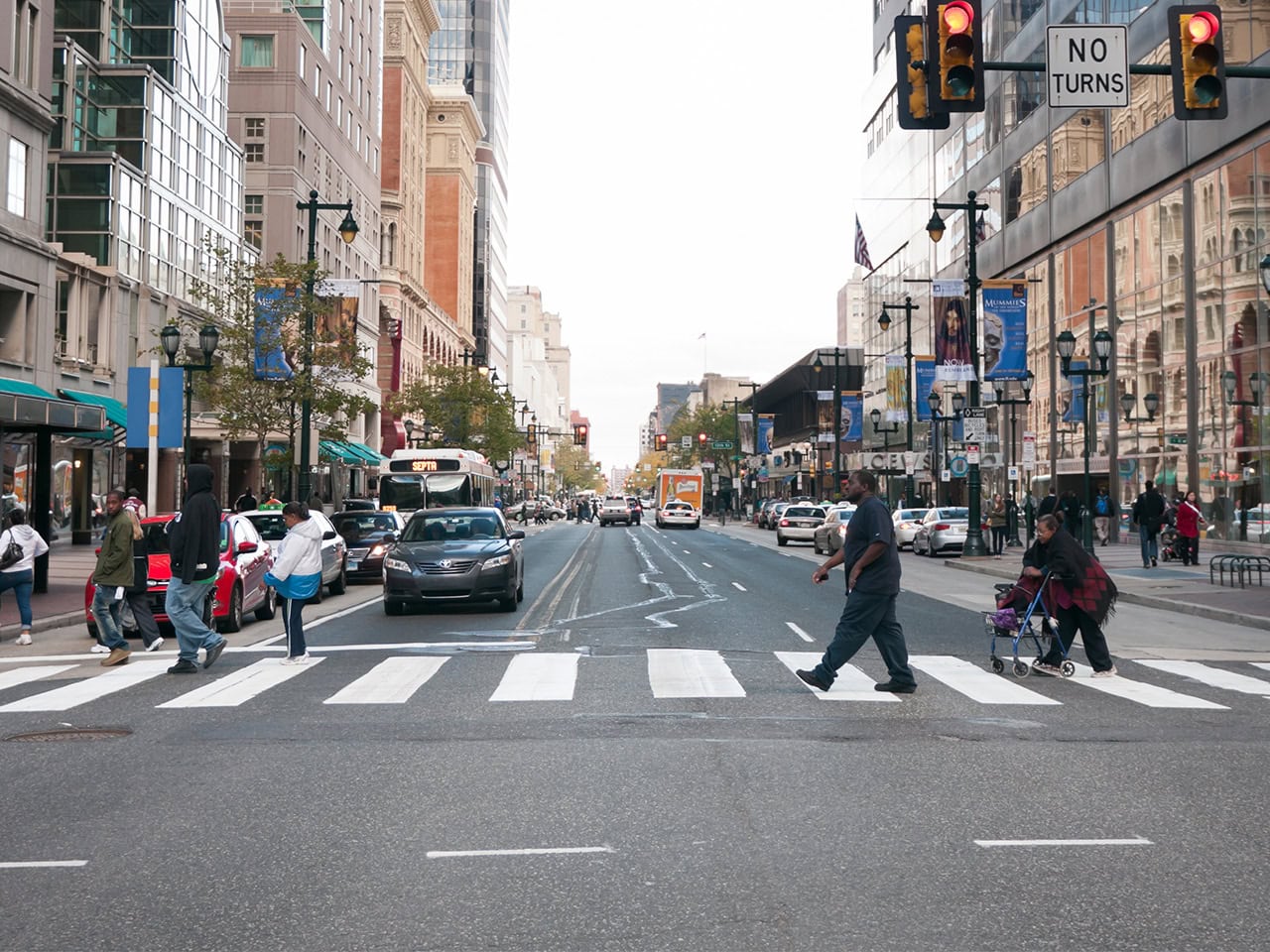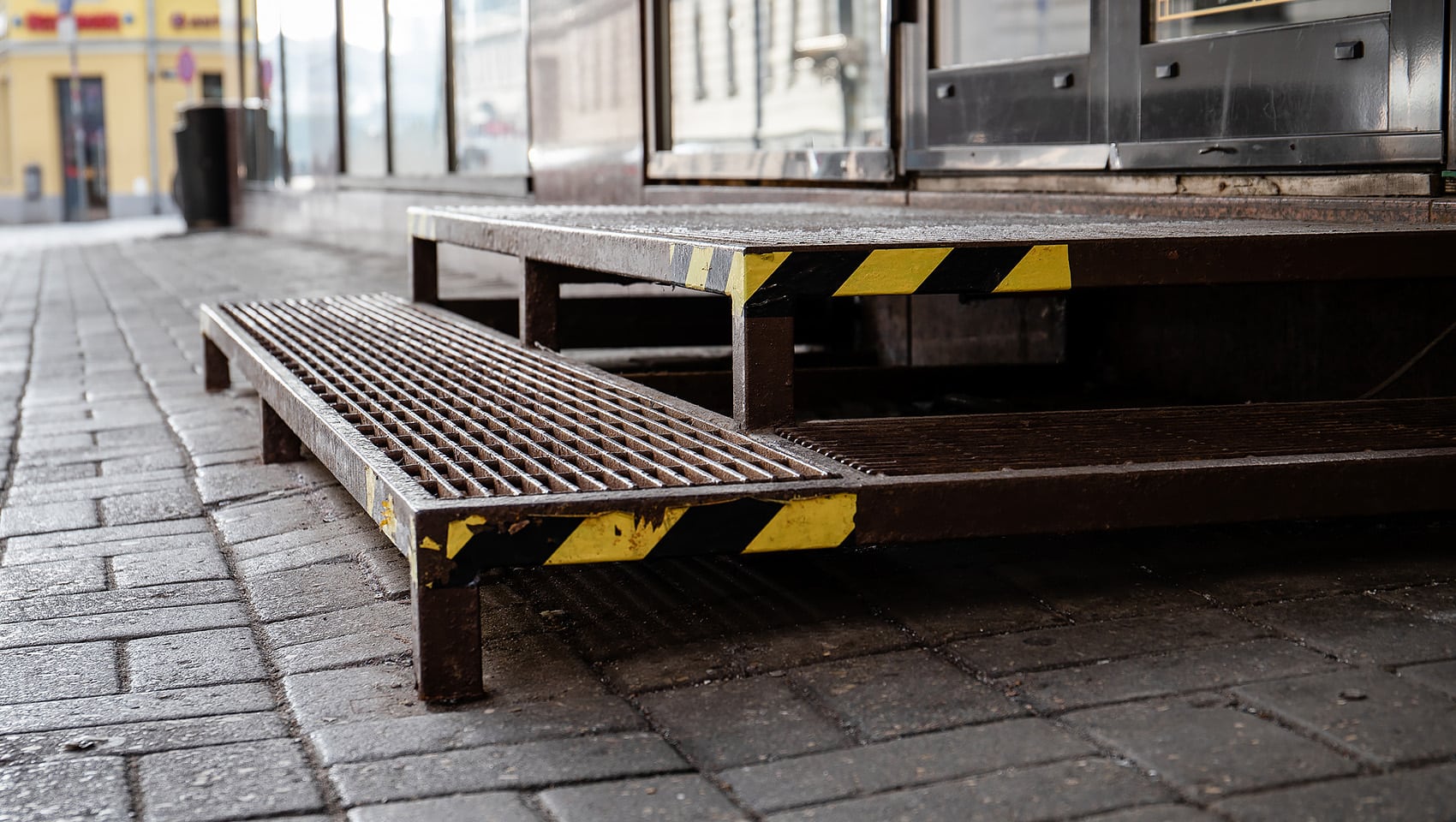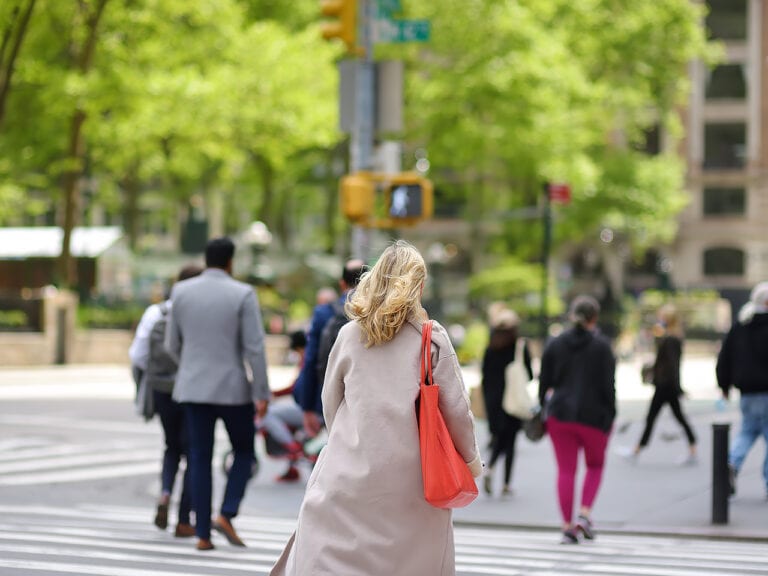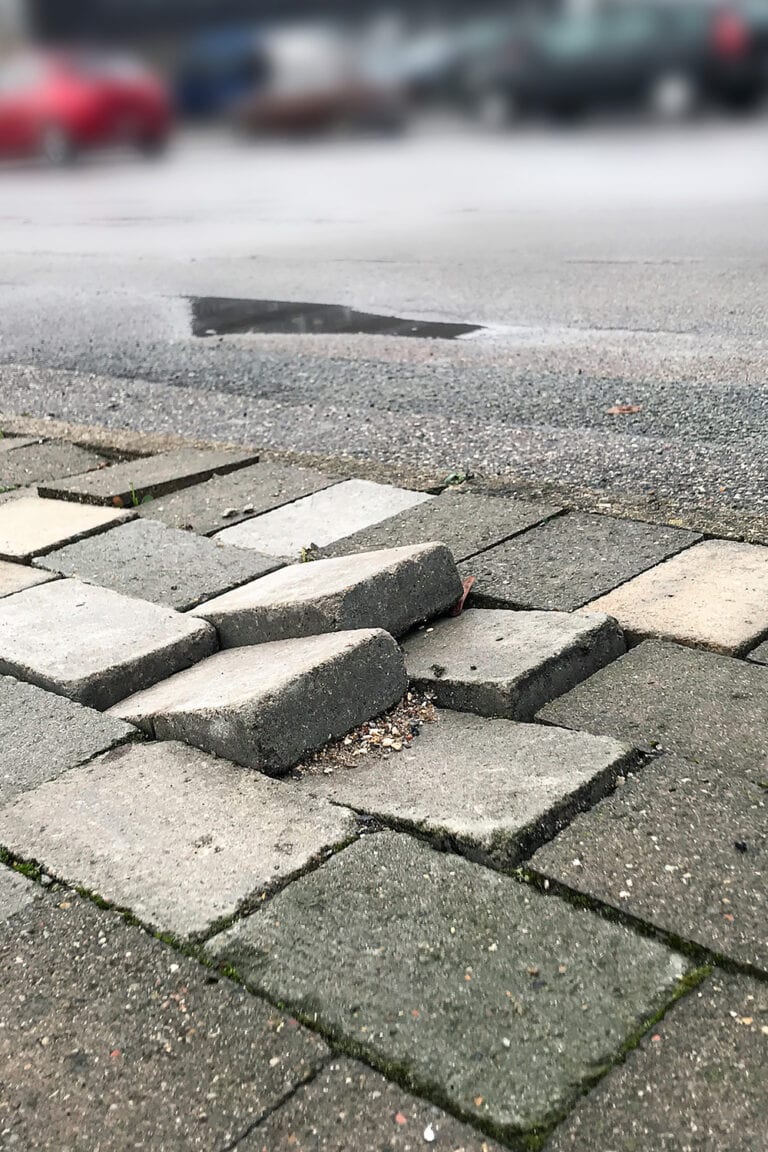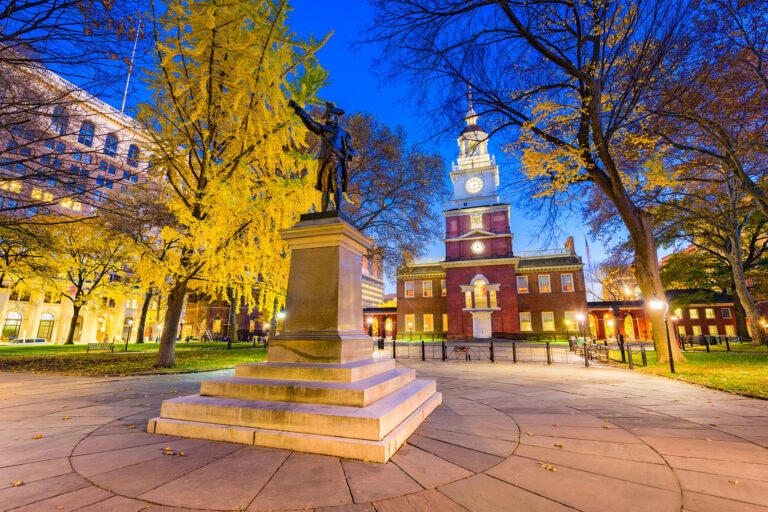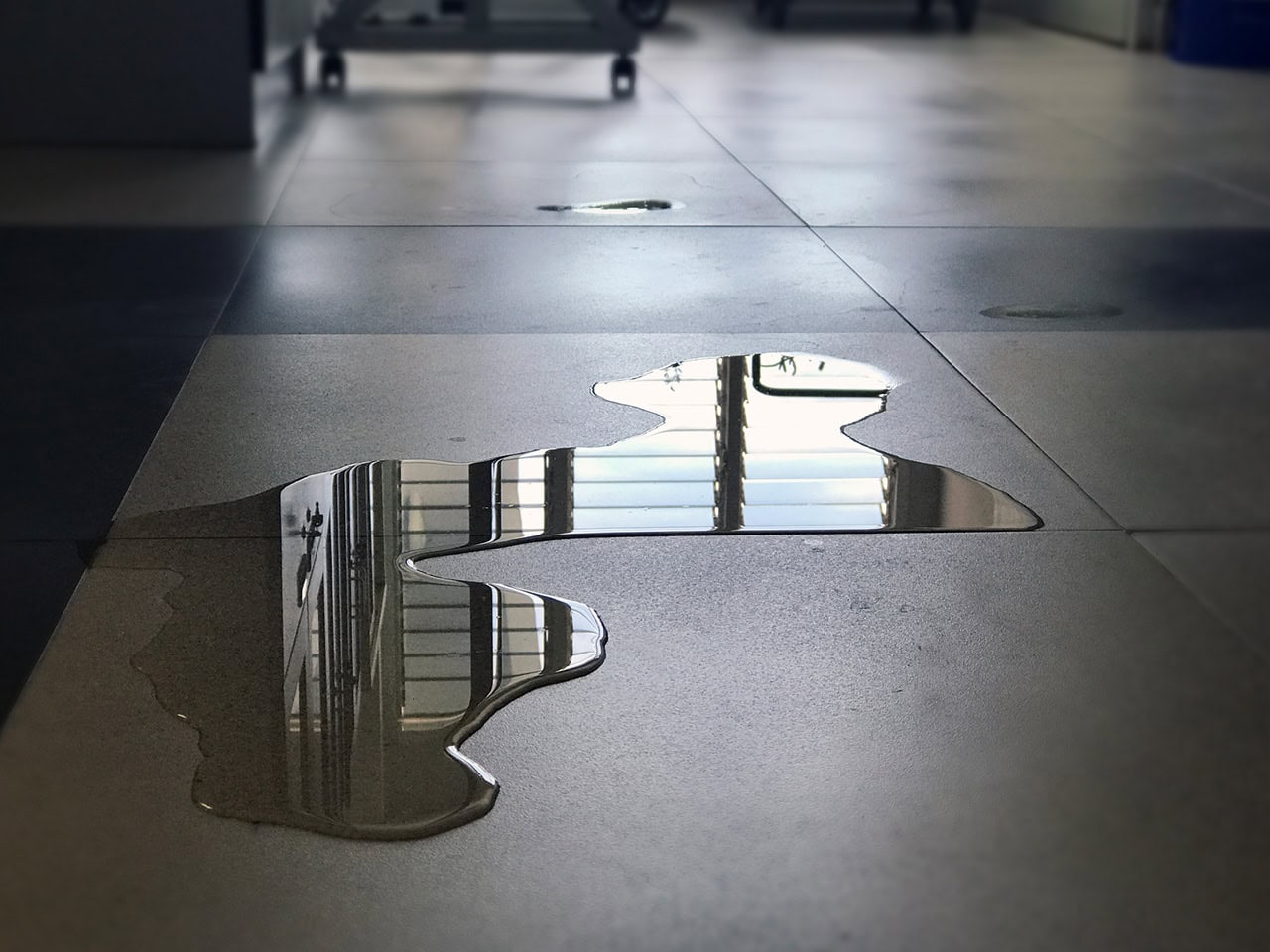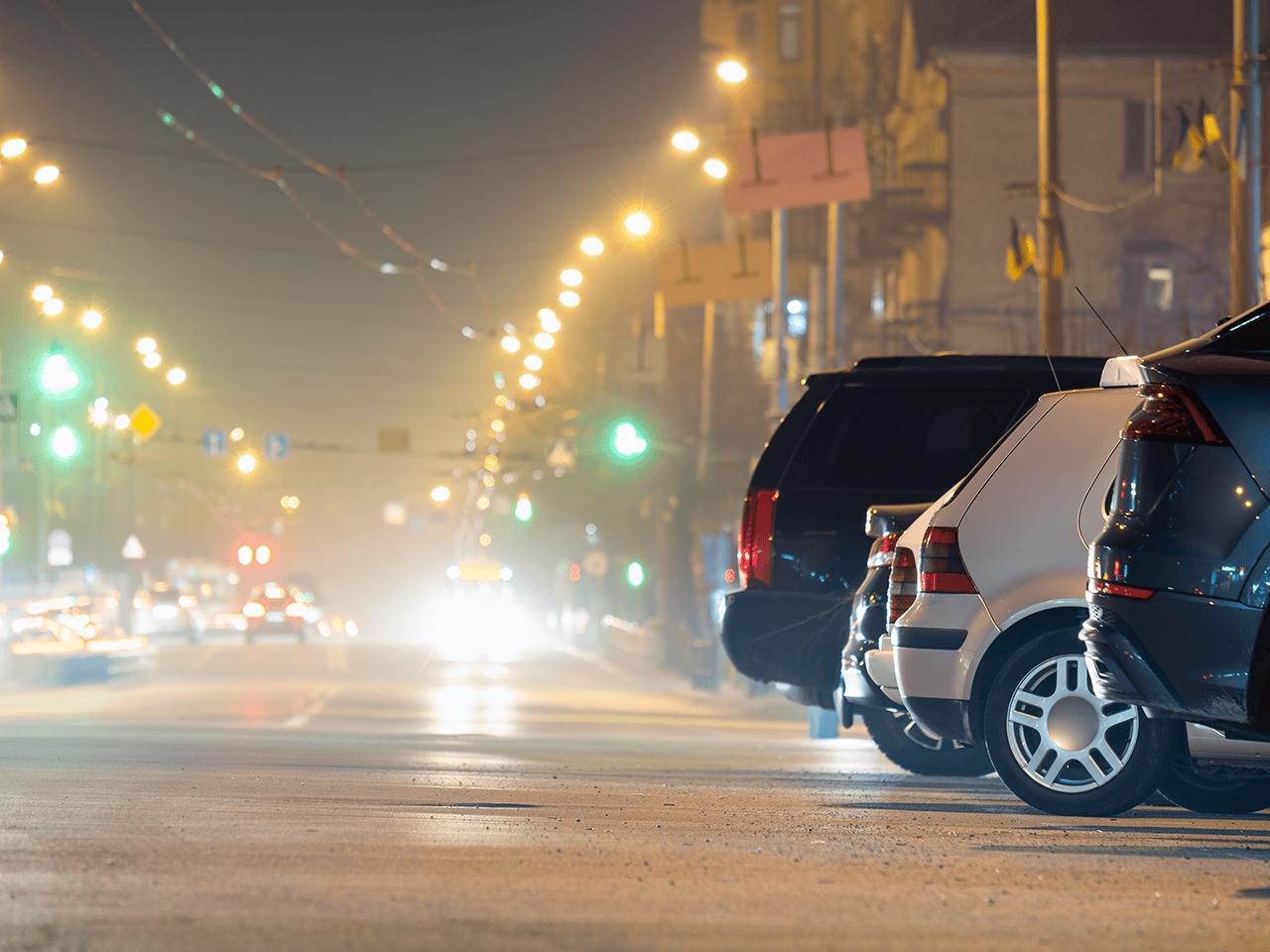Preventing slip and fall accidents requires awareness, proactive measures, and maintenance of safe environments. Whether you’re a property owner or simply trying to avoid a slip and fall, here are some tips to help prevent slip and fall accidents:
Keep walkways clear. Regularly remove clutter, debris, and obstacles from walkways, corridors, and staircases to prevent tripping hazards.
Maintain proper lighting. Ensure that indoor and outdoor areas are well-lit, especially in stairwells, hallways, entrances, and parking lots, to improve visibility and reduce the risk of falls.
Address wet or slippery surfaces promptly. Clean up spills promptly, use signage to warn of wet floors, and consider installing slip-resistant flooring in areas prone to moisture.
Use non-slip mats or rugs. Place non-slip mats or rugs where moisture or spills are common, such as entryways, kitchens, and bathrooms, to provide traction and reduce slipping hazards.
Wear appropriate footwear. Choose footwear with slip-resistant soles and proper support to improve stability and traction, especially in wet or slippery conditions.
Install handrails or guardrails. Install handrails along staircases, ramps, and walkways, and use guardrails in elevated areas to provide support and prevent falls.
Maintain outdoor surfaces. Keep outdoor pathways, sidewalks, and parking lots clear of snow, ice, and debris during inclement weather, and repair cracks or uneven surfaces to prevent tripping hazards.
Be mindful of environmental conditions. Be aware of environmental factors such as weather conditions, changes in terrain, and low visibility, and adjust your pace and footing accordingly to reduce the risk of falls.
Use caution on uneven surfaces. Exercise caution when walking on uneven surfaces, such as gravel paths or construction sites, and use handrails or other supports if available.
Practice good housekeeping. Regularly clean and maintain floors, stairs, and other walking surfaces to prevent the buildup of dust, debris, or slippery substances that could cause falls.
Educate and train employees. Train employees on proper safety protocols, hazard identification, and safe work practices to reduce the risk of slip and fall accidents in the workplace.
By implementing these preventive measures and promoting a culture of safety awareness, you can help reduce the risk of slip and fall accidents and create safer environments for yourself and others.
